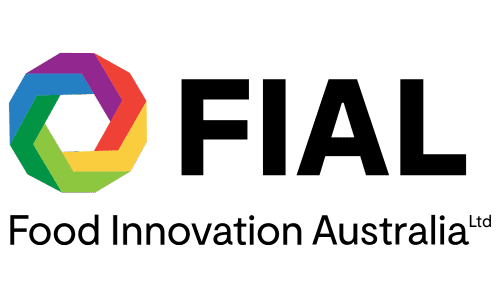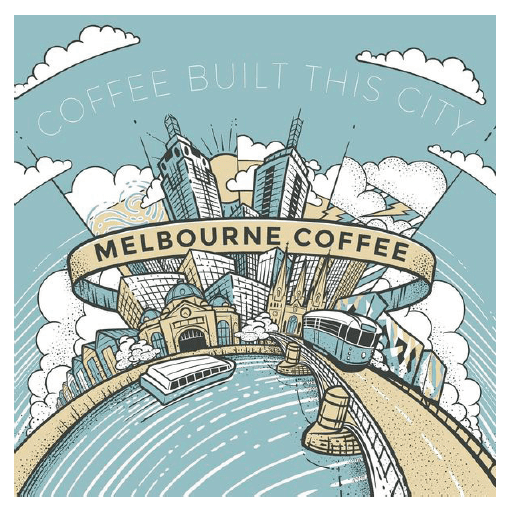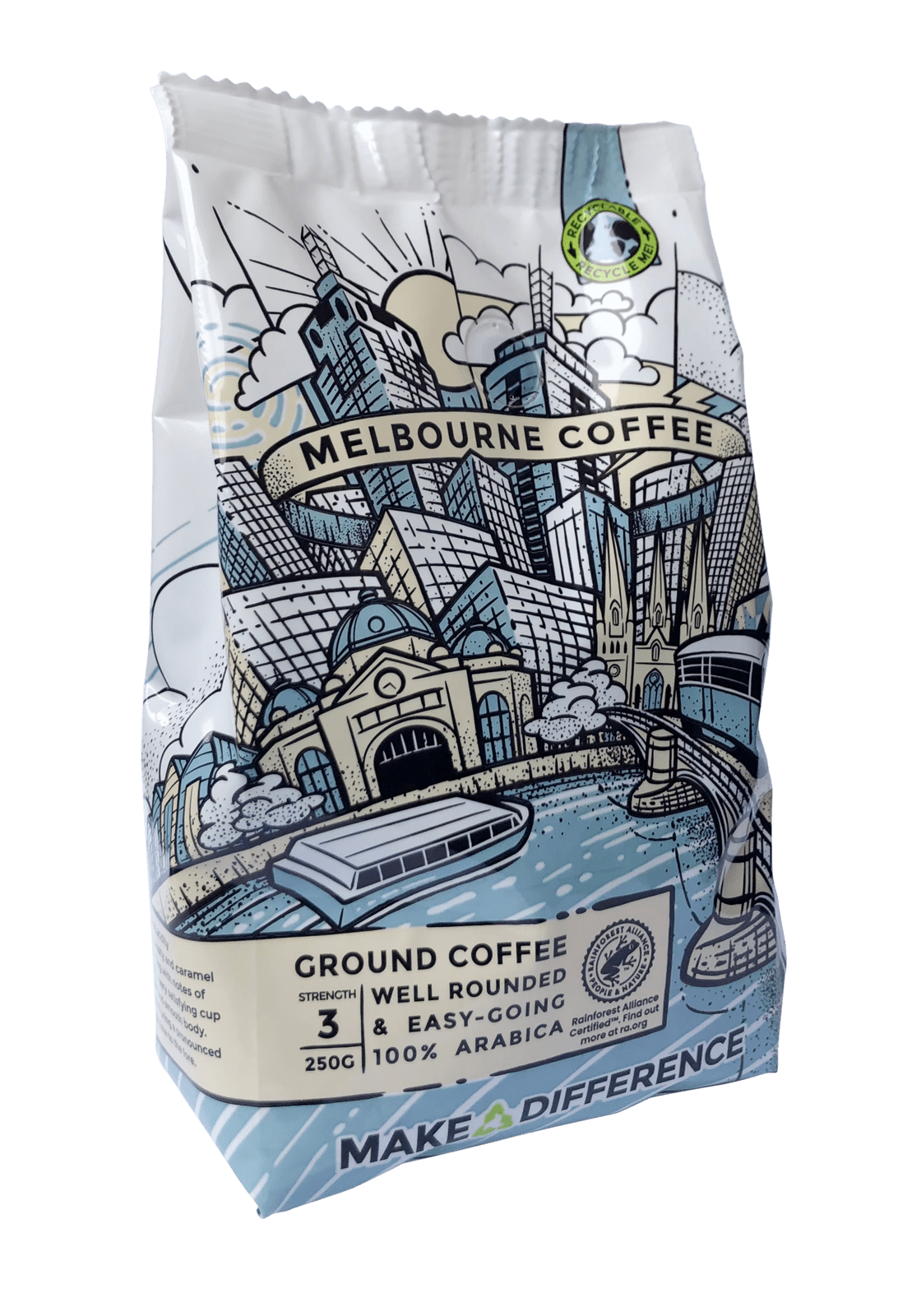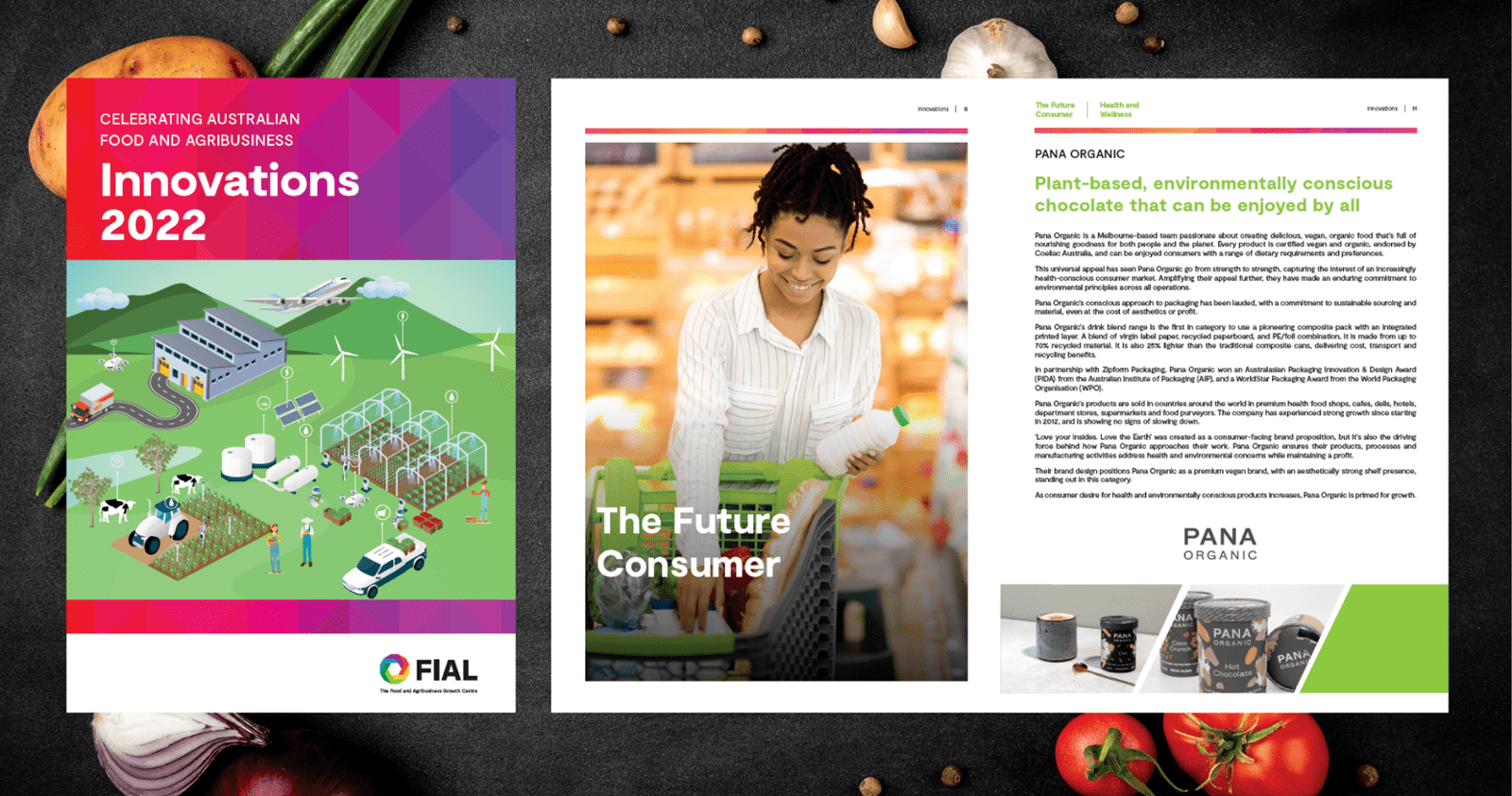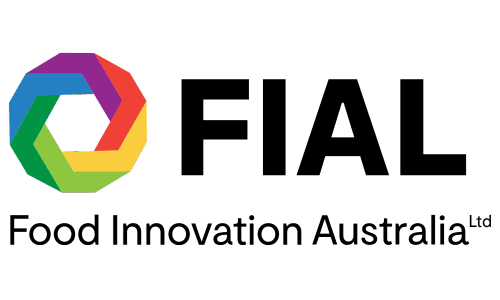Capturing the Prize: the A$200 billion opportunity for Australia's food and agribusiness sector / Enhanced Production and Value Addition / Sustainable Packaging
Extracting more value out of the supply chain by developing sustainable packaging through innovation, redesigns, light-weighting and ensuring packaging is reusable, recyclable or compostable.
Coffee is a massive global market and a big mixed-laminate plastic packaging user. Until a viable solution is created that can be effectively scaled to replace plastics entirely Cyclpac has chosen to reinvent what we have today and make it better, quickly.
A specialist sustainable packaging company, it created its own coffee brand ‘Melbourne Coffee’, and designed a smarter plastic recyclable packaging solution with a mono structure that also offers a barrier to oxygen and moisture.
It is 90 per cent low-density polyethylene – a fully recyclable, soft, flexible, lightweight material. It uses BOPE for heat resistance and to reduce the volume of material needed, in combination with 7-layer coextruded film with EVOH for oxygen barrier performance. On-pack design is focused on low ink coverage, in a limited palette on a white substrate artwork created to reduce inputs supporting ease of recycling.
Critical ‘on packaging’ calls to action directly ask the consumer to ‘recycle me’ and ‘make a difference’, combined with clear signposting of the suitable recycling streams in Australia and Europe.
It was recognised with a ‘Gold’ Australasian Packaging Innovation & Design Award (PIDA) from the Australian Institute of Packaging (AIP), and a WorldStar Packaging Award from the World Packaging Organisation (WPO).
Melbourne Coffee is a complete rethink of coffee packaging, and a meeting of minds within the project team.
Creative concepts were undertaken with a graphic designer while technical development was underway with a state-of-the-art manufacturer. The best product solution was found after multiple prototypes, sampling, and testing, collaborating with a local roastery and an independent laboratory.
This packaging innovation shows what can be achieved in soft plastic packaging, in support of the global aim to reduce and recycle. It could be a game-changer for the coffee industry in the short term, keeping coffee bags out of landfill.
